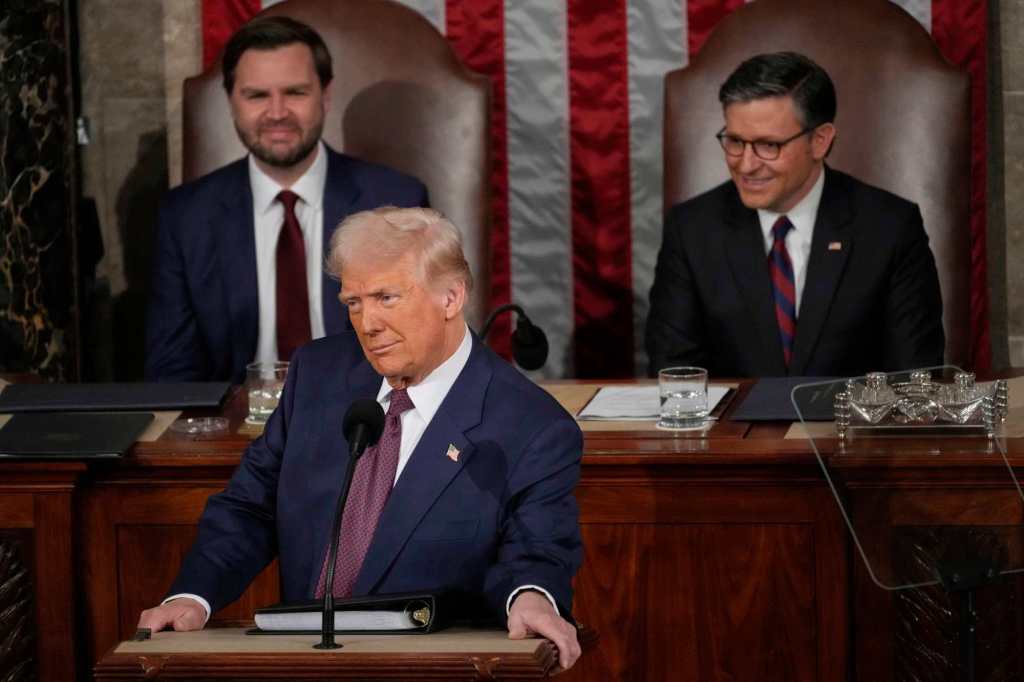
SACRAMENTO—One recent public-opinion poll asked Americans their thoughts on different periods of European history. Most Americans probably know little about events that took place in their own country 10 years ago, but they nevertheless expressed to YouGov fairly strong opinions about Classical Antiquity, the Middle Ages and Late Antiquity.
I still found it reassuring that majorities hold a “very or somewhat favorable” view toward the Renaissance and the Enlightenment. However, 17% were favorably disposed toward the Dark Ages. Even funnier, 9% held the Black Plague in high esteem, with 32% positively inclined toward the Crusades—small, but not insignificant numbers. Such people live among us, although maybe they just have a great sense of humor.
Such polls confirm one of my favorite maxims: “Whoever sets the agenda wins.” Basically, if I start a public debate about whether to launch nuclear strikes against Myanmar or start electing housecats to state legislatures, some percentage of the public will support it. Once an idea is placed on the agenda it gets legs—no matter how absurd. A more thoughtful expression of this is called the Overton Window.
Developed by the Mackinac Center’s Joseph Overton, his theory explains that politicians promote policies that fall within a window of widely accepted ideas. He believed think tanks (and others) could, as The New York Times described it, turn the “politically unthinkable” into the “mainstream” by talking about ideas outside the window. Such debates shift the window—and then politicians are willing to embrace policies that had been off limits.
We’ve seen dramatic shifts in acceptable policy discussions over the past few years, mainly because of Donald Trump, who has gotten Americans talking about once-unthinkable ideas. Some of the resulting debates would strike Americans from just a decade ago as bat-guano crazy: making Canada the 51st state, taking over Greenland, deporting celebrities, ending support for vaccines, etc. Anything Trump says—and he always has something unusual to say—instantly shifts the window (whether he’s serious or trolling) quite dramatically.
Unfortunately, his ability to shift acceptable policy debates poses dangers given that many of the shifts obliterate Democratic norms. Even if he does respect the courts’ ultimate rulings—and he’s given mixed signals—his actions erode long-held constitutional principles. When his administration dismisses the importance of due process, depicts habeas corpus as the opposite of what it means, dispatches federal troops on U.S. soil and sends alleged illegal immigrants to a Salvadoran gulag, it pushes the envelope of acceptable governmental behavior.
Given the intensity of support Trump receives from his followers, anything he says or does will instantly gain support from nearly half the public. That leaves Americans—and our republic—in the hands of Trump’s whims. Other presidents have abused executive orders, but Trump is trying to rule by edict in a way that goes much further.
Presidents from both parties have played this game to a degree, but Trump doesn’t appear bound by the usual self-imposed restrictions, or norms. Even if the guardrails hold—and that’s far from certain at this point—Trump has used his normative power to undermine faith in our institutions and in democracy itself.
Norms are exceedingly important. They are the ultimate check on big government. As a simple example, I’ve lived in neighborhoods where the norm is to maintain one’s property, be friendly and look unkindly toward any criminal behavior. I’ve also lived in the opposite, where one must always lock the doors, look out for dog poo on the sidewalk and deal with all-night parties. All the municipal codes and cops in the world cannot turn the latter into the former. Likewise, our institutions simply are not designed to resist a president who thinks he’s Juan Perón.
One of the least-appreciated democratic norms is civility. Many people mock the concept, by focusing on the hypocrisy of politicians who speak kindly but do dastardly things. “Hypocrisy is the tribute vice pays to virtue,” French classical author Francois de La Rochefoucauld famously said. But we’re learning the raw embrace of vice is far worse. Trump’s unhinged daily social-media attacks on his foes might not be hypocritical, but they give Americans permission to behave similarly. The resulting viciousness endangers social peace—a necessity for a democratic society.
The obliteration of political norms has a habit of spreading. Check out Gov. Gavin Newsom’s recent statements, which echo the pettiness and nastiness of the president. It was only a matter of time before Democrats, facing impotence in the face of Trump’s fusillades, would start to echo his strategies. This is how even the most stable democracies head into a death spiral, even if many Americans enjoy the ongoing spectacle.
I wouldn’t tell a pollster it’s as bad as the Inquisition or the Hundred Years War, of course, but we can all try harder to stop pushing boundaries and start rebuilding support for the fundamentals.
Steven Greenhut is Western region director for the R Street Institute and a member of the Southern California News Group Editorial Board. Write to him at sgreenhut@rstreet.org.



